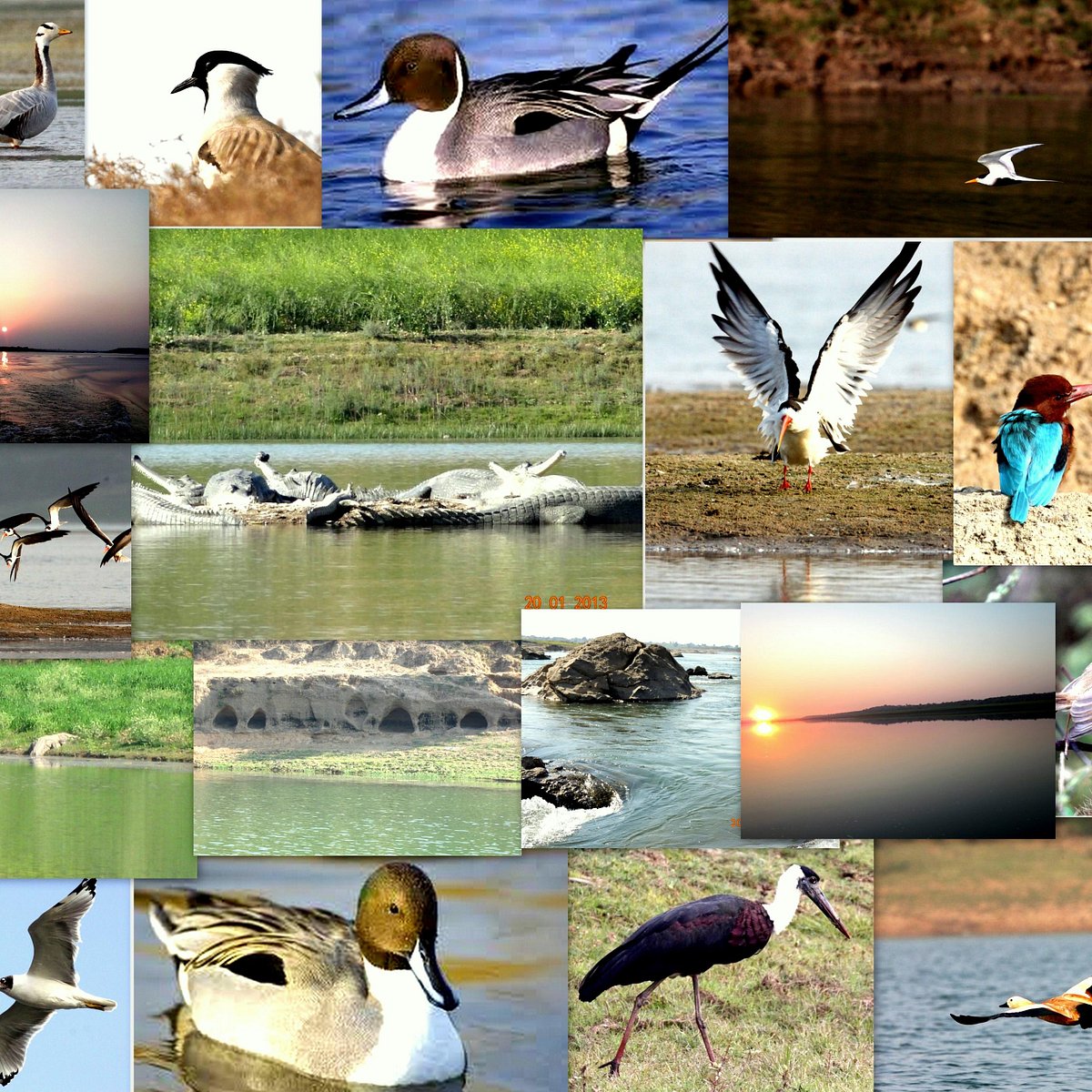INDIA & ARTEMIS ACCORDS
Why in News?:
India to join the Artemis Accords - a result of careful preparatory work and hard-nosed quid pro quos.
National Aeronautics and Space Administration (NASA) and Indian Space Research Organisation (ISRO) will collaborate to send Indian astronauts, trained at the Johnson Space Center in Houston, Texas, to the International Space Station (ISS) in 2024.
What are Artemis Accords?:
Established by the U.S. State Department and NASA with seven other founding members: Australia, Canada, Italy, Japan, Luxembourg, the United Arab Emirates, and the United Kingdom in 2020
To set common principles to govern civil exploration and use of outer space, the moon, Mars, comets, and asteroids, for peaceful purposes.
It builds upon the foundation of the Outer Space Treaty of 1967.
What is Outer Space Treaty?: A multilateral pact under the United Nations, serves as the foundation for international space law.
It emphasizes space as a shared resource for humanity, prohibits national appropriation, and encourages the peaceful use of space.
Signatory Countries:
India became the 27th country to sign the nonbinding Artemis Accords.
Terms under the Accords:
Peaceful Purposes: The signatories will implement memorandum of understanding (MOUs) between governments or agencies to conduct space activities for peaceful purposes in accordance with international law.
Common Infrastructure
Registration and Data Sharing: Relevant space objects are registered, and scientific data is openly shared in a timely manner. Private sectors are exempt unless acting on behalf of a signatory.
Preservation of Heritage
Utilization of Space Resources: Utilization of space resources should support safe and sustainable activities and not interfere with other signatories' activities. Information on location and nature must be shared to prevent interference.
Mitigation of Debris
Missions of Artemis Program:
Artemis-I: Unmanned Mission to the Moon
Artemis-II: Crewed Lunar Flyby Mission
Artemis-III: Human Return to the Moon
Benefits for India: Facilitates access to advanced training, technological advancements, and scientific opportunities.
To advance India’s own lunar exploration goals, such as the Chandrayaan-3 mission.
India's capabilities for the Gaganyaan human mission and future ambitious space missions.
India's cost-effective missions and innovative approach will benefit the Artemis program, promoting mutual advancements in space exploration




.jpg)


.jpg)
.jpg)




